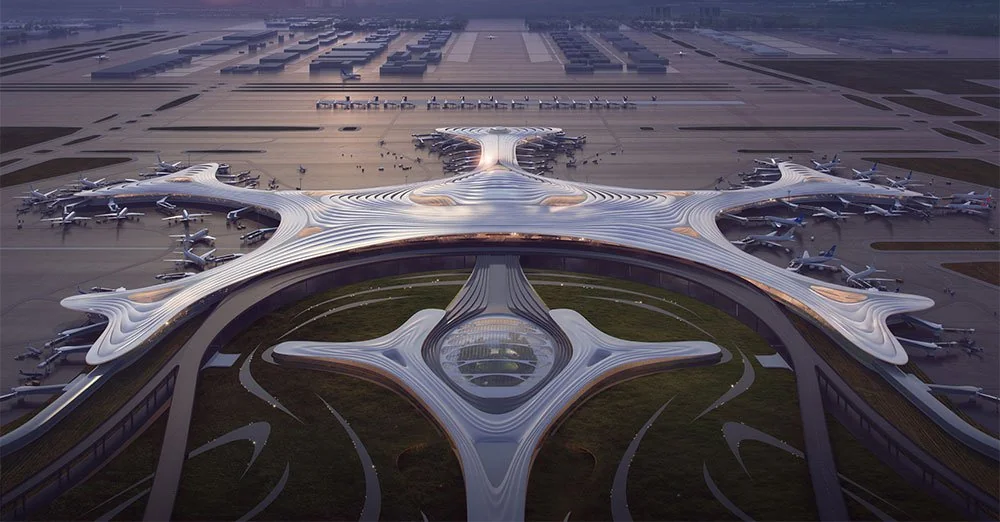Course Overview:
The “Airport Design and Air Infrastructure Management” course focuses on the fundamental concepts and practices related to the design, planning, and management of airports and associated air infrastructure. The course aims to equip participants with the knowledge needed to understand the challenges and opportunities in the aviation industry, as well as the systems and structures necessary to facilitate aircraft and passenger movement.
Course Objectives:
- Understand the basics of airport design and air infrastructure.
- Familiarize participants with international standards and best practices in airport management.
- Develop skills necessary for planning and evaluating aviation projects.
- Gain knowledge about safety and security systems in airports.
- Improve the ability to effectively manage daily airport operations.
Training Content:
- Introduction to airport design: fundamental concepts and standards.
- Planning of runways and airport facilities.
- Air transportation systems and supporting infrastructure.
- Management of aircraft and passenger movements.
- Safety and security in airports: procedures and technologies.
- Airport management systems: software and technology.
- Assessment of environmental impacts on airport design and management.
- Case studies of successful airport projects.
Target Audience:
This course is aimed at architects, civil engineers, engineering students, researchers in aviation and transportation fields, project managers in the aviation industry, facilities management professionals, and government officials involved in urban planning and infrastructure. The course is also suitable for individuals seeking to enhance their skills in airport design and air infrastructure management.






